Echoes from the Podium: Remembering Chicago’s Great Conductors
It was for me the epiphany that made me spend many other pleasant afternoons and evenings at Chicago cultural performances: the CSO, Lyric Opera, Joffrey Ballet of Chicago, Grant Park Music Festival, Ravinia Festival, Chicago Storefront Theater, and many others too numerous to mention.
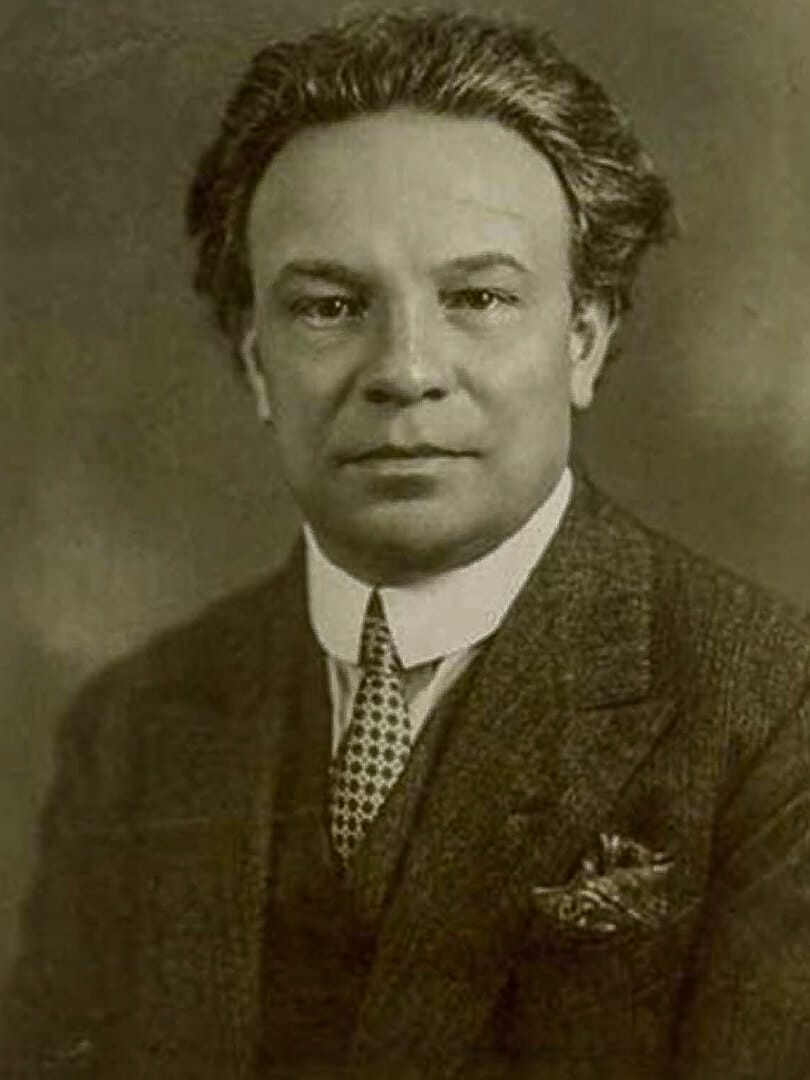
The Sound That Started It All
I was strolling down Michigan Avenue and noticed a poster outside Orchestra Hall announcing a performance, by the Chicago Symphony Orchestra that afternoon. It featured Ottorino Ottorino Respighi's Pines of Rome, a piece I was familiar with but had never heard in person. On impulse, I bought a ticket and managed to get a front row balcony seat about halfway from center. This was a lucky chance, as tickets to the CSO were very hard to come by in those days.
Pines is memorable for a couple of reasons; it has one of the great English Horn solos in all the repertoire, and it is scored for four brass ensembles positioned off stage and in the balcony corners.
One does not only hear Pines, one feels it.
The final movement, Pines of the Appian Way portrays Roman Legions marching at sunrise, the sun glinting off their famous Silver Eagle standards, in a steady rhythm of marching feet. As they slowly come into view, the brass begins its fanfare proclaiming the might of Rome. Eventually, it arrives, perhaps at Campus Martius just outside of the City. Or perhaps the General had been granted a Triumph, and the Legion (now disarmed, as Legions were prohibited from entering the city with arms) lead by its General would enter the city through the Porta Triumphalis, proceed to the Forum, and arrive at the Temple of Jupiter Optimus Maximus to offer sacrifices.
The arrival is marked by a thunderous climax of the entire orchestra, punctuated by strikes on a huge tam-tam (gong). It is one of the most satisfying climaxes in classical music.
The well-dressed middle-aged woman in the seat next to mine and I turned to each other as the final crescendo faded away. Her only comment was a breathy, "Well..."
Well, indeed. It was for me the epiphany that made me spend many other pleasant afternoons and evenings at Chicago cultural performances: the CSO, Lyric Opera, Joffrey Ballet of Chicago, Grant Park Music Festival, Ravinia Festival, Chicago Storefront Theater, and many others too numerous to mention.
Want to Hear The Pines?
Here's an excellent recording and video of the complete Pines of Rome conducted by the young Slovak conductor Juraj Valčuha. Be sure to listen for the recorded bird song in the third movement. Respighi specifically asked for a particular species of bird song and even specified his preferred recording.
The famous English Horn solo in the fourth movement is expertly rendered, seemingly entrancing the soloist's section partner seated next to him.
The piece also features the auxiliary brass inhabiting the balconies of the concert hall. Respighi originally scored some of the brass parts for buccine, an ancient Roman trumpet. Sadly, these instruments are a rarity today and nearly impossible to find, so those parts are typically handled by euphoniums, baritones, flugelhorns or trumpets, depending on tessatura requirements or occasionally Wagner tubas.
An excellent recording by the Bavarian Radio Orchestra: Juraj Valčuha Conducing
Kenneth Jean: The Quiet Craftsman
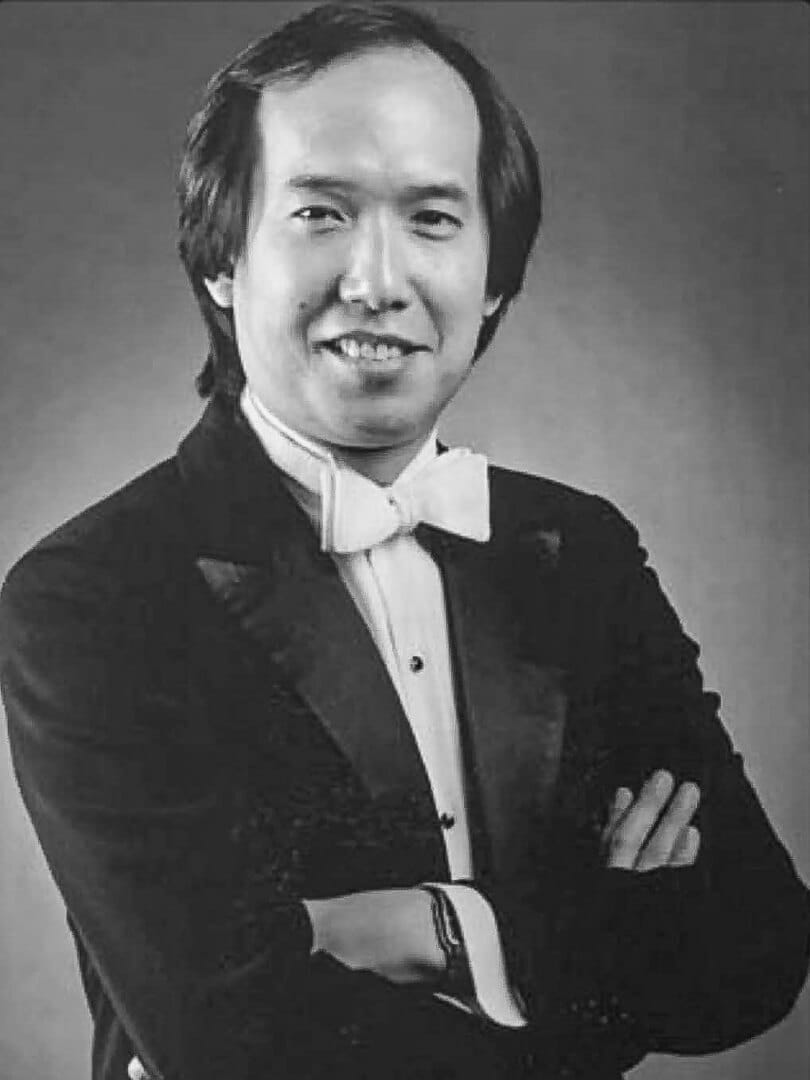
That CSO performance of Pines was conducted by Kenneth Jean. It was the first and only time I saw Mr. Jean conduct.
Jean went on to a remarkable international career in Hong Kong and Singapore, bringing CSO-honed discipline to growing orchestras across Asia. He never courted fame, but his professionalism and quiet authority earned lasting respect.
His story reminds us that not all leadership shouts. Some conductors build bridges, not monuments.
James Levine: The Virtuoso's Restless Mind
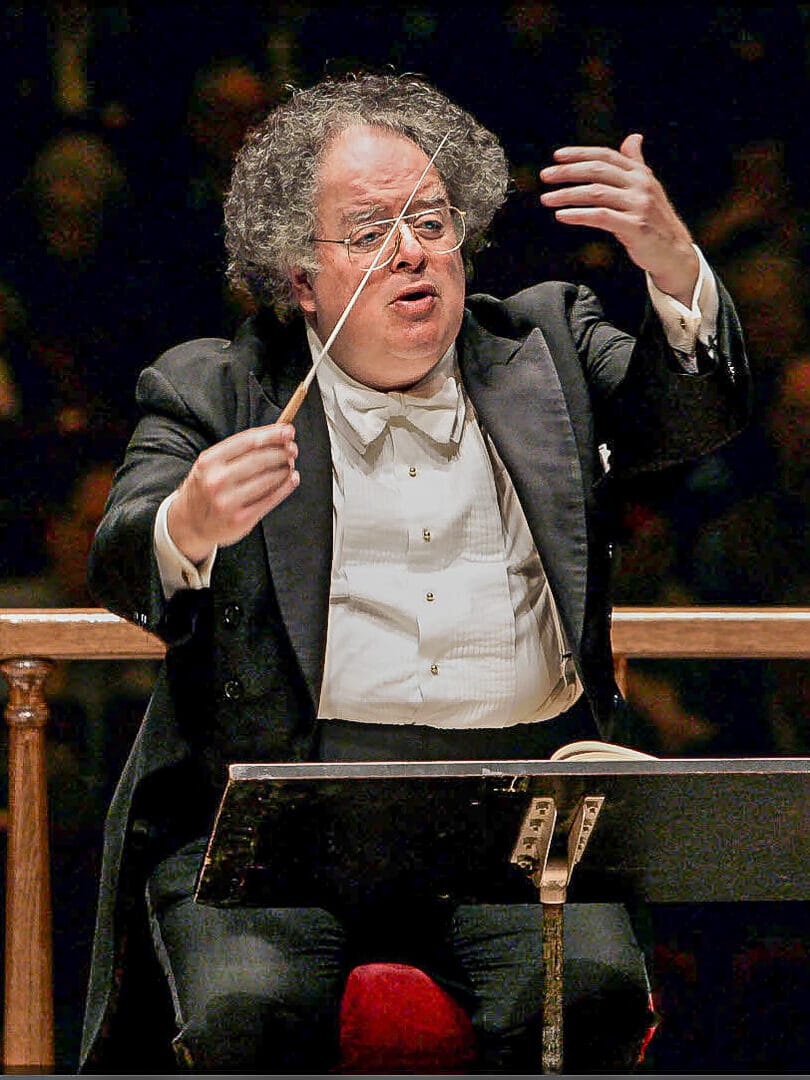
Chicago audiences will remember Mr. Levine for his 1973 to 1993 tenure as Music Director of the Ravinia Festival that takes place during the summer months in the North Shore suburb of Highland Park. His activities with other well-known music organizations in the US and Europe are long and impressive. Besides the Metropolitan Opera in New York he was Music Director of the Boston Symphony Orchestra. He also conducted the Vienna Philharmonic, Berlin Philharmonic and at the Bayreuth Festival among others.
On one evening, I found myself seated next to Mr. Levine in the balcony at Ravinia’s Bennett Gordon Hall. On the program was a performance of a Mozart piano quartet or trio—the exact program escapes my memory.
He wasn’t conducting that evening—just listening. Yet his hands were never still. He quietly fingered the piano parts in his lap throughout the chamber recital, as though rehearsing invisibly.
That image stayed with me: the genius unable to silence his inner orchestra.
Levine’s fall from grace was tragic, erasing decades of extraordinary artistry. His legacy—like that of so many greats—remains suspended between brilliance and the shadows of personal failure.
Sir George Solti: Precision and Power
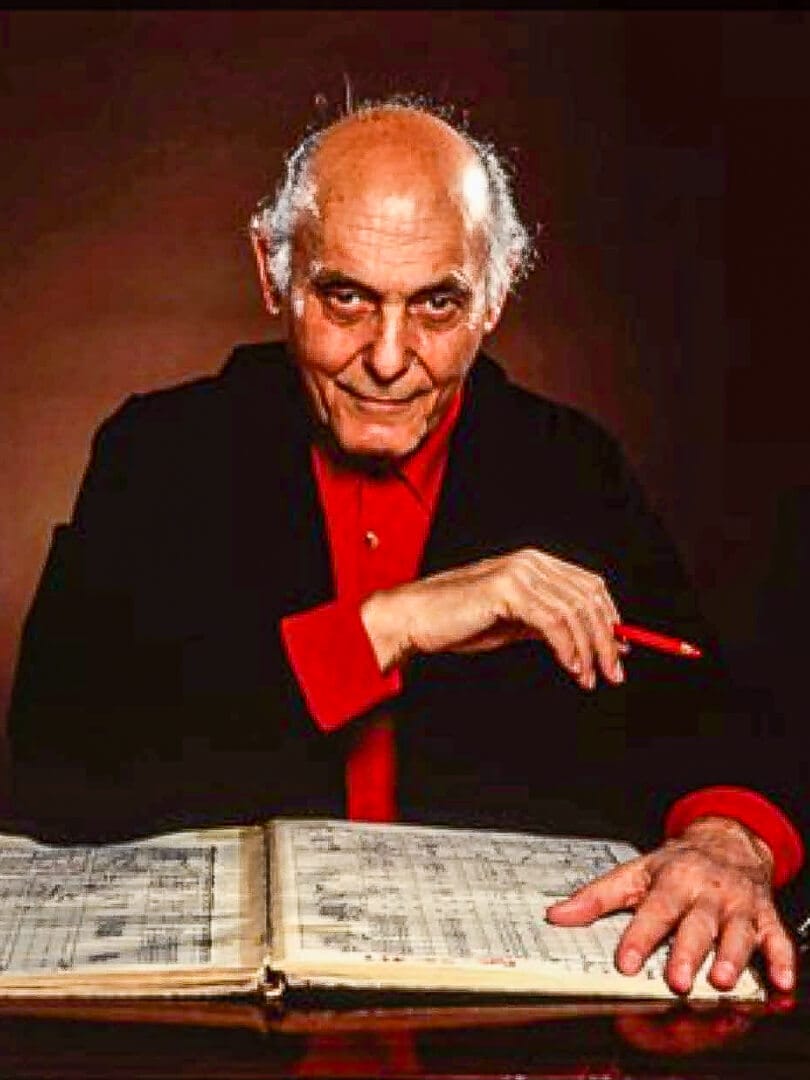
Under Sir Georg Solti, the CSO brass became a legend unto itself—polished to brilliance, disciplined to the last note. Solti’s intensity was famous; stories of his rehearsal energy are still traded like folklore.
He turned the CSO into an international brand, the Mahler and Strauss orchestra against which others measured themselves. Solti’s Chicago sound—bright, aggressive, confident—was a perfect reflection of the city’s industrial swagger.
Solti truly recognized Chicago as City of the Big Shoulders, if not in fact, then certainly by implication. He was a Chicago Bears fan, and is remembered for once posing for a publicity photo wearing a Bears jersey. Similarly, on the Bears' much remembered march to the Super Bowl XX Championship in 1986, he surprised the audience by conducting the Bears Fight Song, with the CSO Chorus singing the praises.
There is no known video of that performance, but there was a recording that some enterprising YouTuber has turned into a video by using his own footage of well-known Chicago landmarks.
Chicago Symphony Orchestra and Chorus: Bears Fight Song
Sir Andrew Davis: The Gentleman Maestro
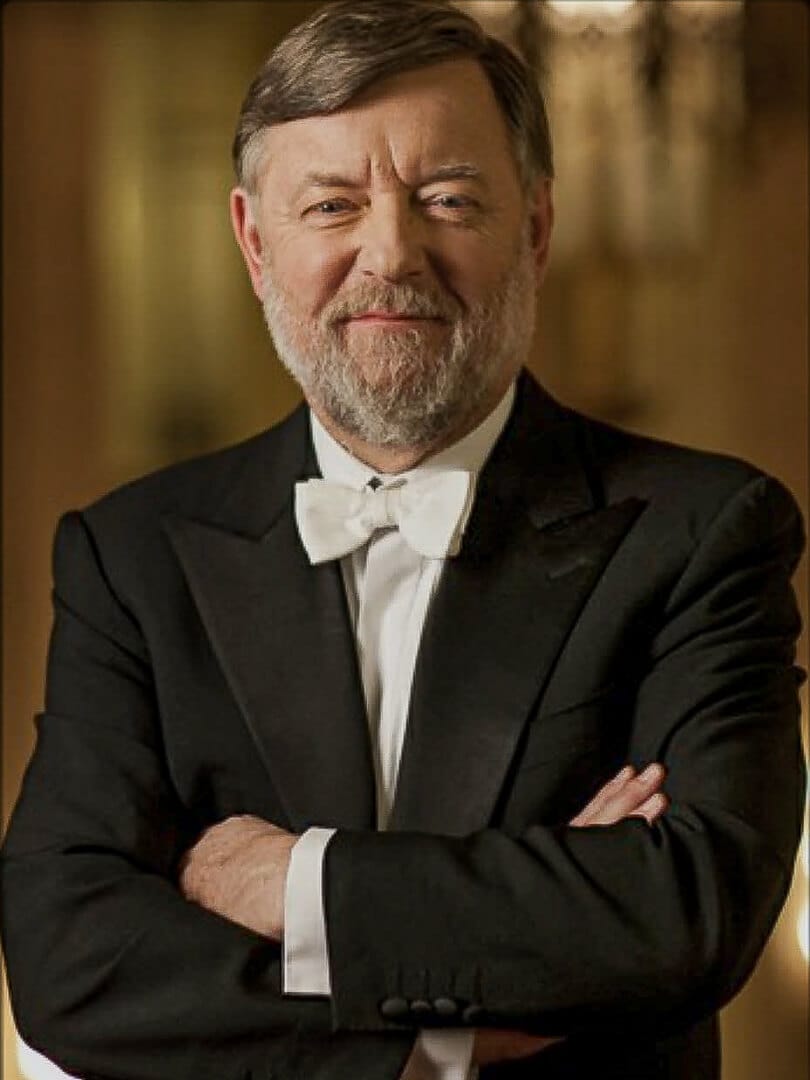
Where Solti and Levine embodied intensity and fire, Sir Andrew Davis personified grace and breath.
Best known for his decades at Lyric Opera of Chicago, Davis believed that opera—and music itself—should breathe. His baton shaped air, not iron.
Musicians admired his humor, humility, and tireless work ethic. His passing in 2024 marked the end of a kind of leadership that inspired through warmth rather than domination.
Davis appeared with organizations from Melbourne to London, including many in the United States. Although his career was world-wide and extensive, he and his wife called Chicago their home until his death from leukemia in 2024.
Epilogue
Many will note those who I have not mentioned. Clearly there are many talented artistic leaders deserving of notice and praise for their efforts to bring a little light and relief from our current cultural thrashings into otherwise jaded and weary lives.
The ones I have included are the giants of Chicago musical leadership; that I have not included Daniel Barenboim is an indication of my opinion rather than an indictment of character.
Ashley Wheater, Artistic Director of the Joffrey Ballet of Chicago, is certainly deserving of the accolade, "giant" but was omitted due to time constraints. I have greatly enjoyed many Joffrey performances, although fewer than I have either the CSO or the Lyric.
The inclusion of Kenneth Jean, despite his somewhat short tenure with the CSO is included because of the impact that one performance had on my entire life as a consumer of artistic expression.
Disclaimer
Portions of this blog were composed in collaboration with ChatGPT. Any mistakes, however, are my responsibility as "Editor in Chief."
